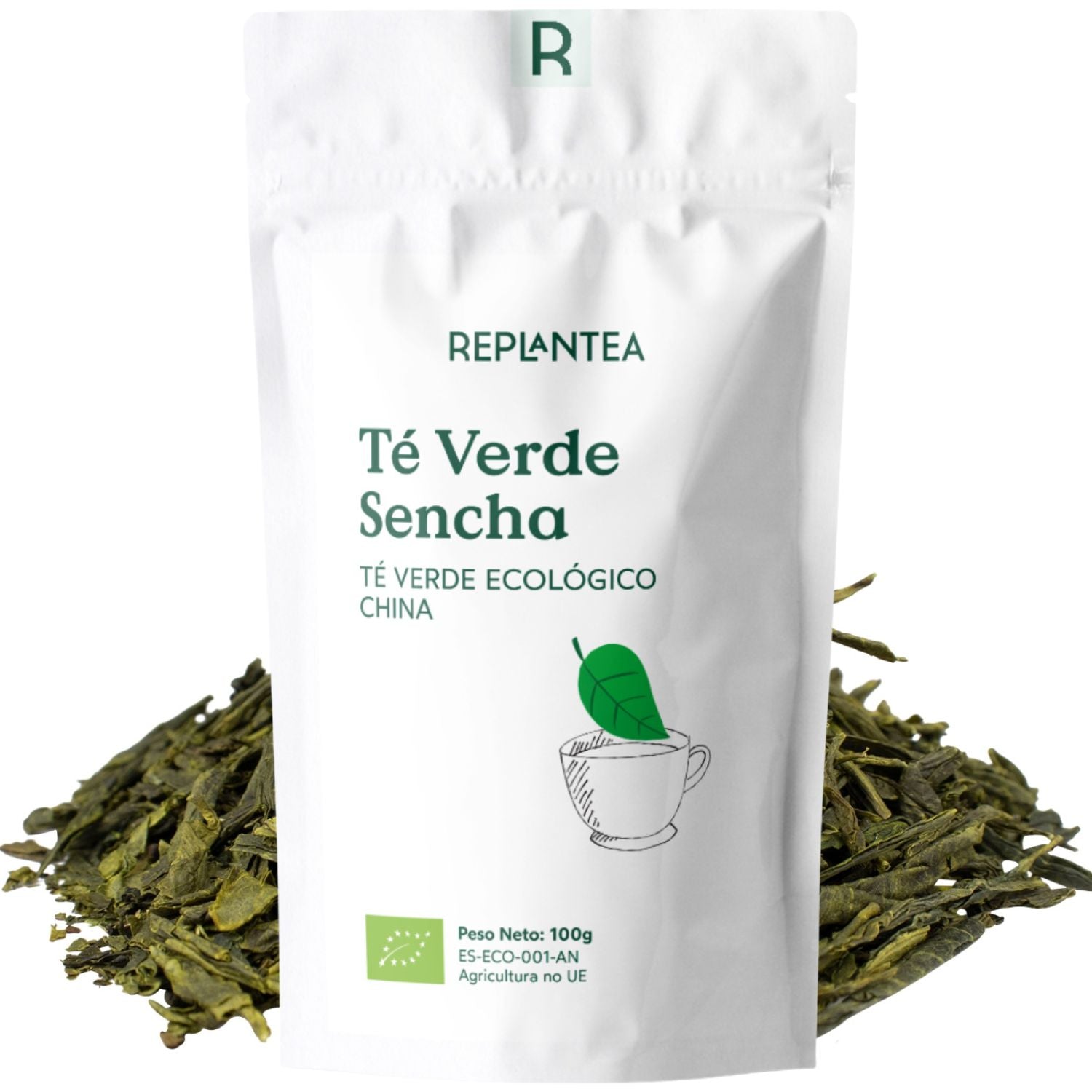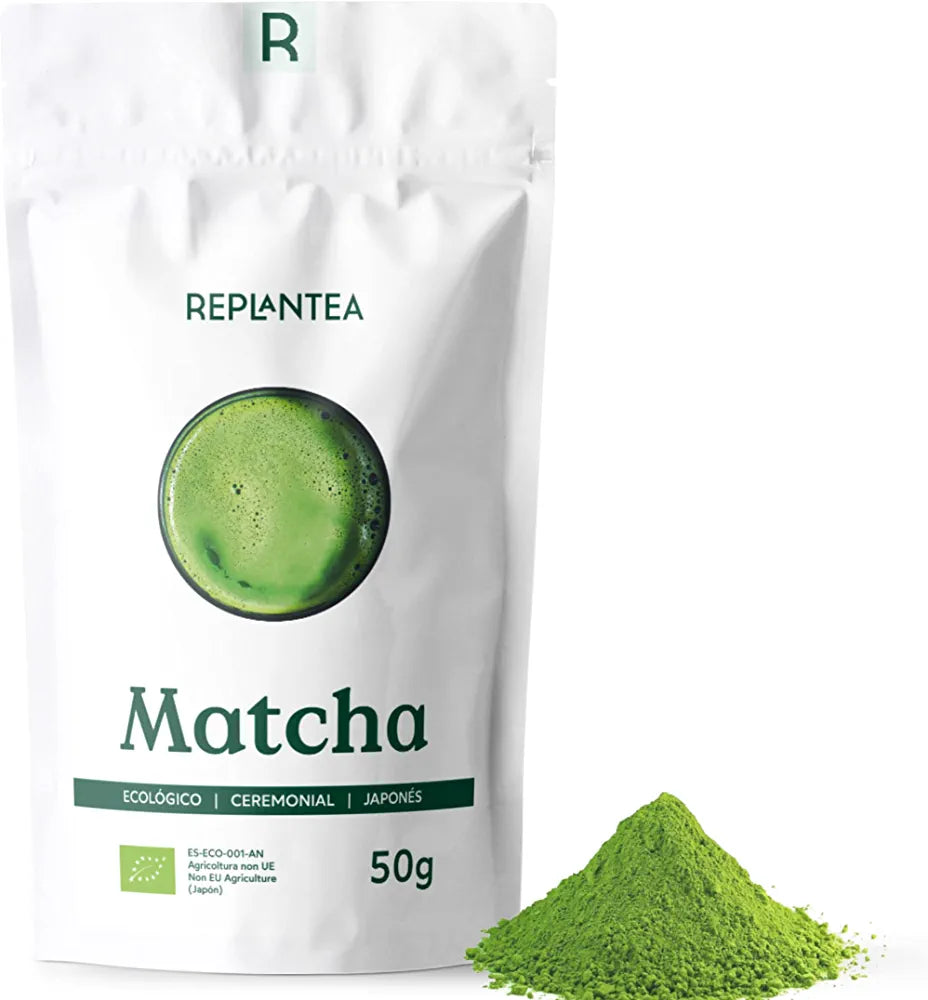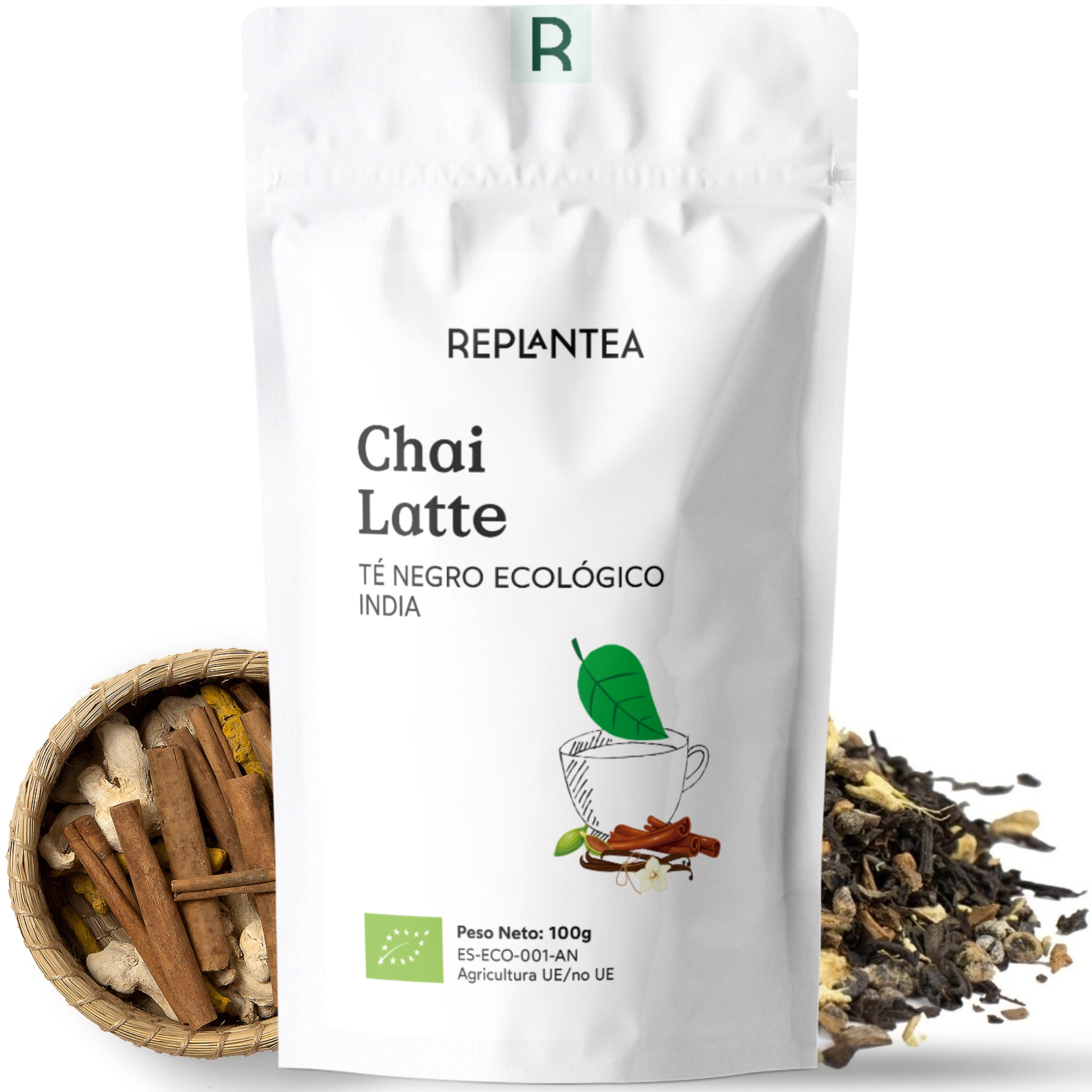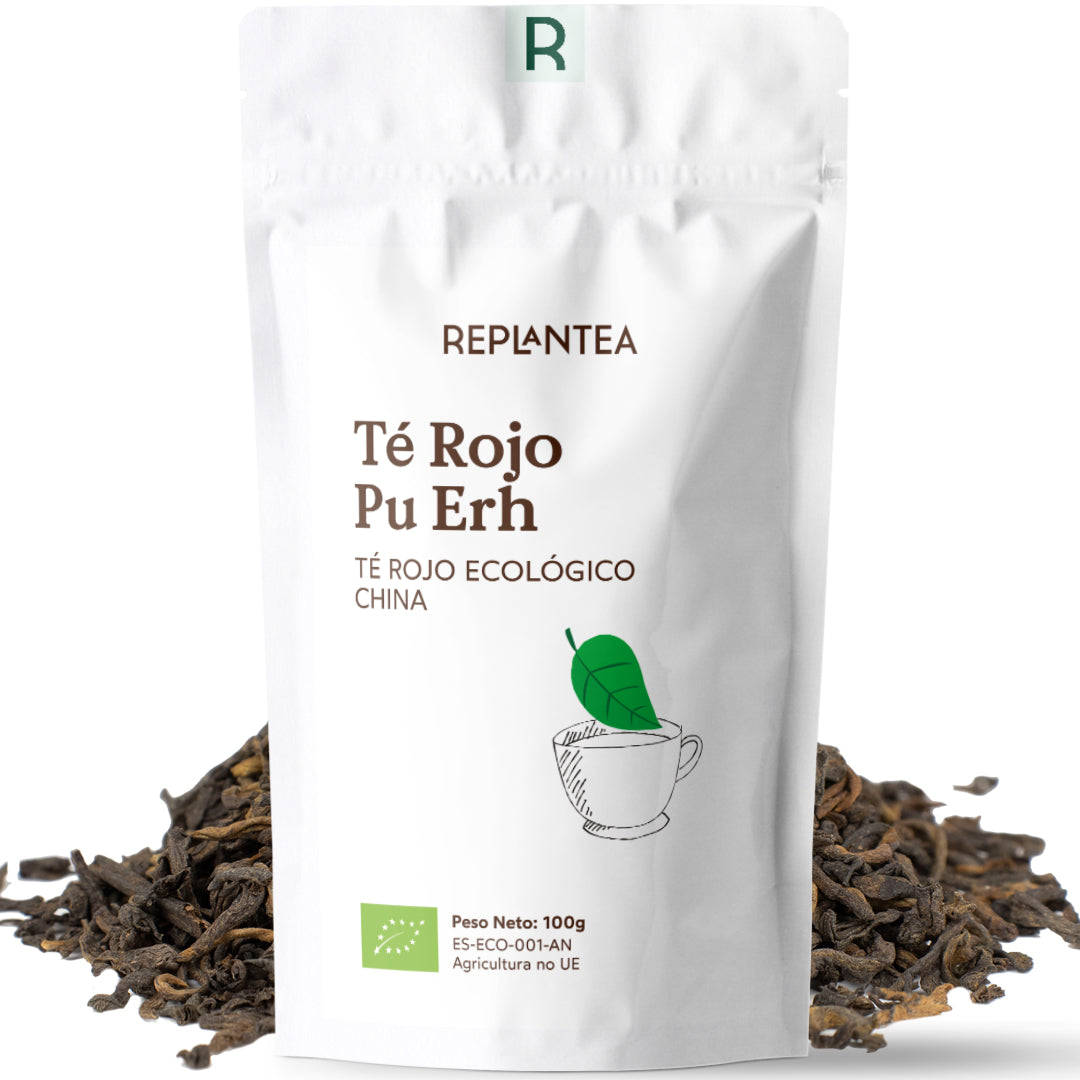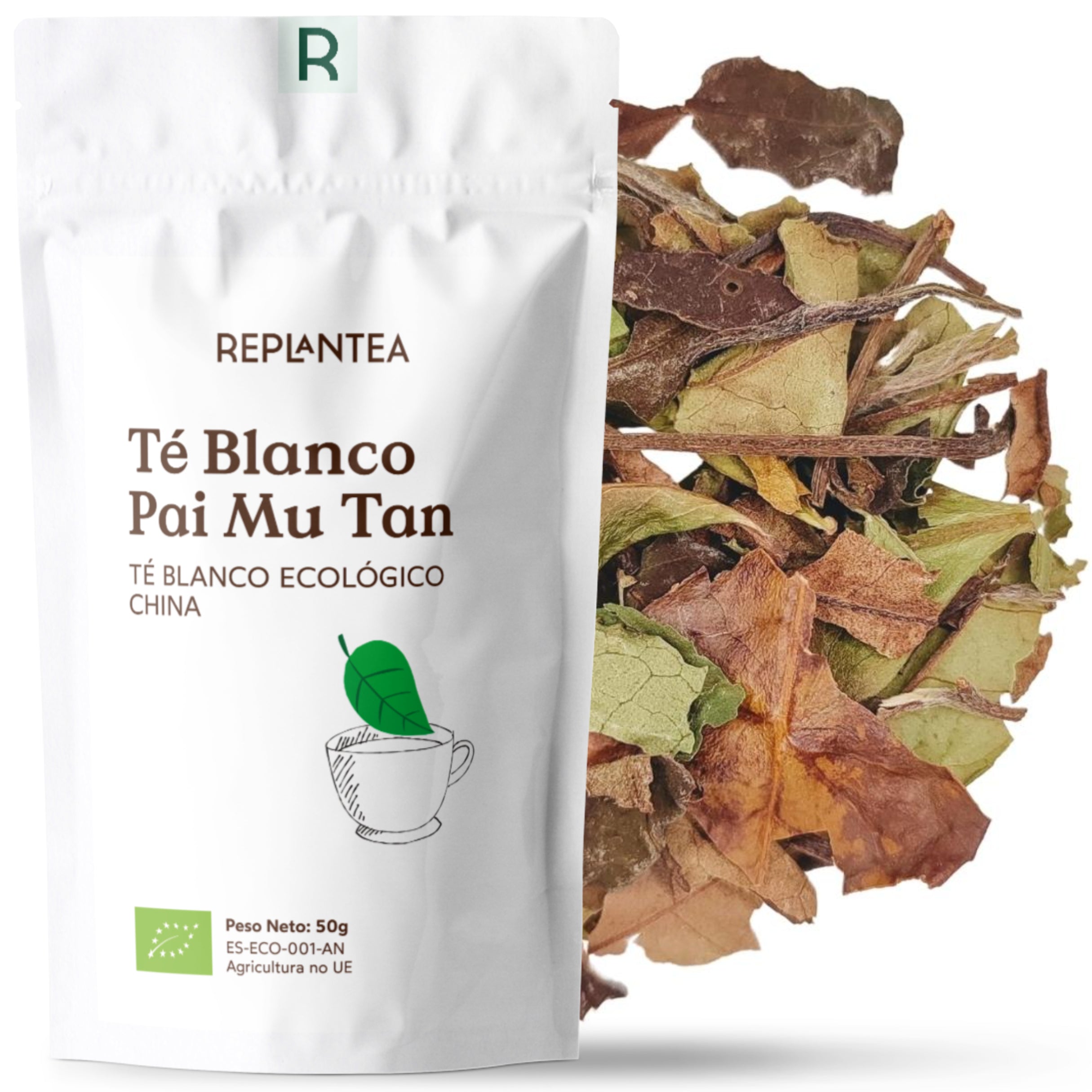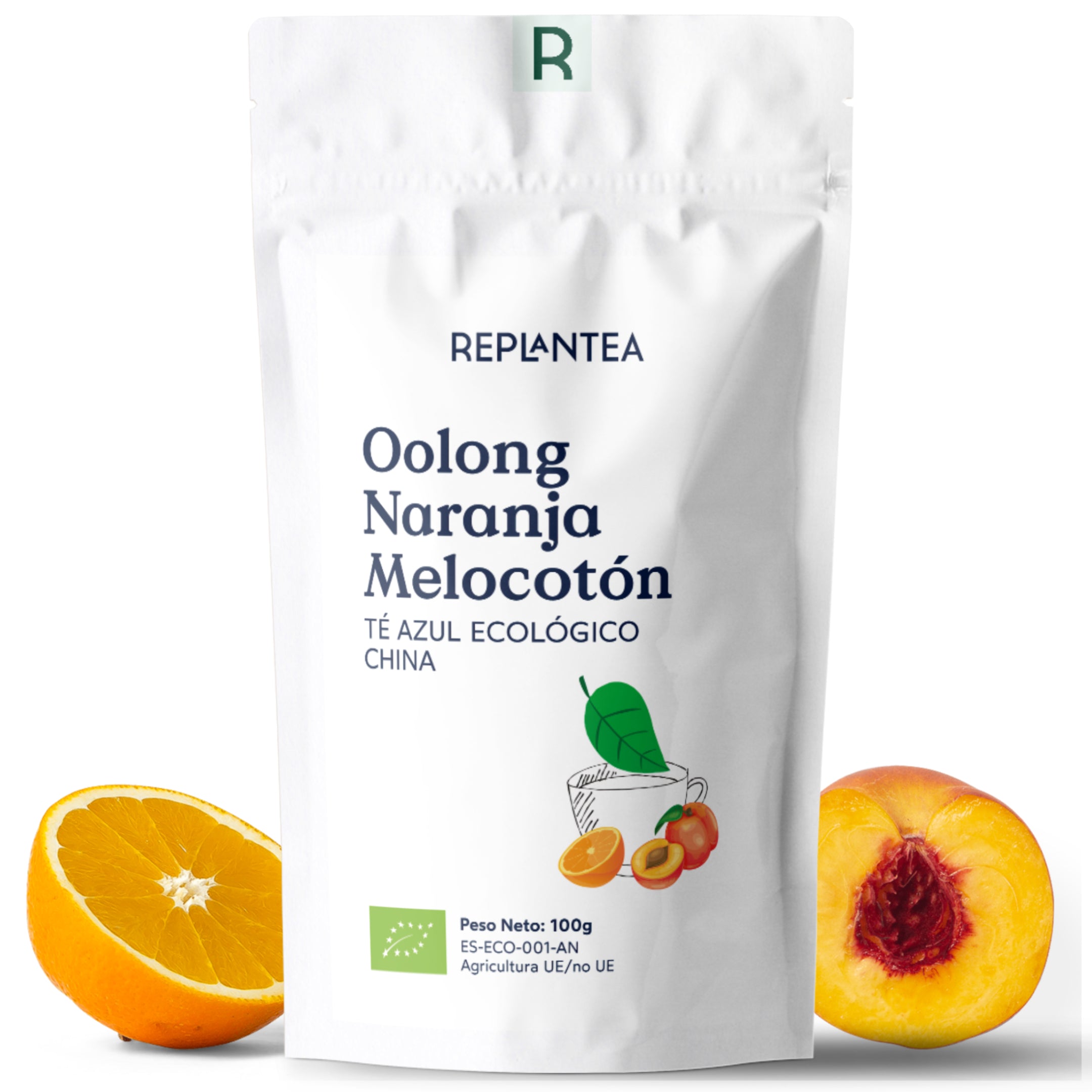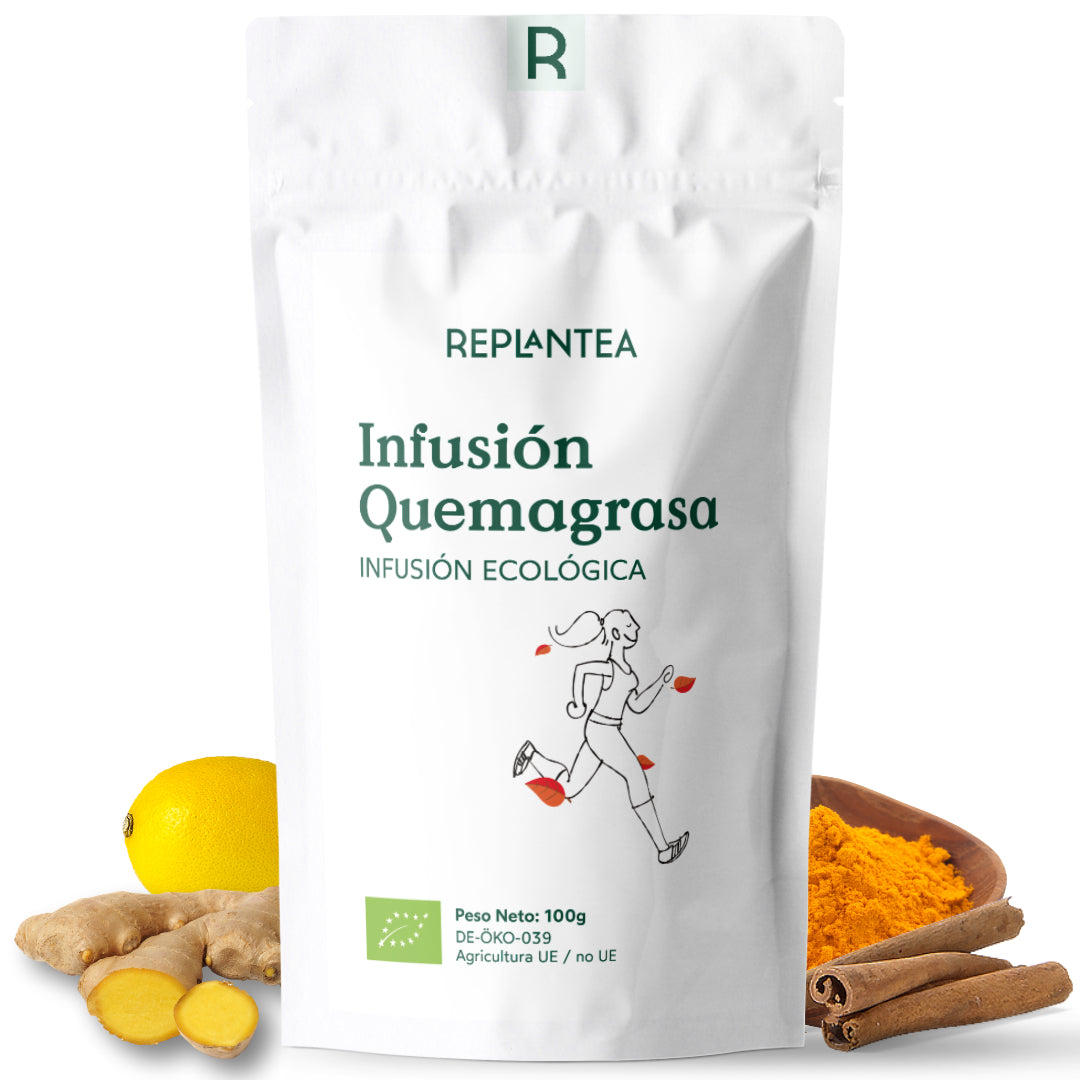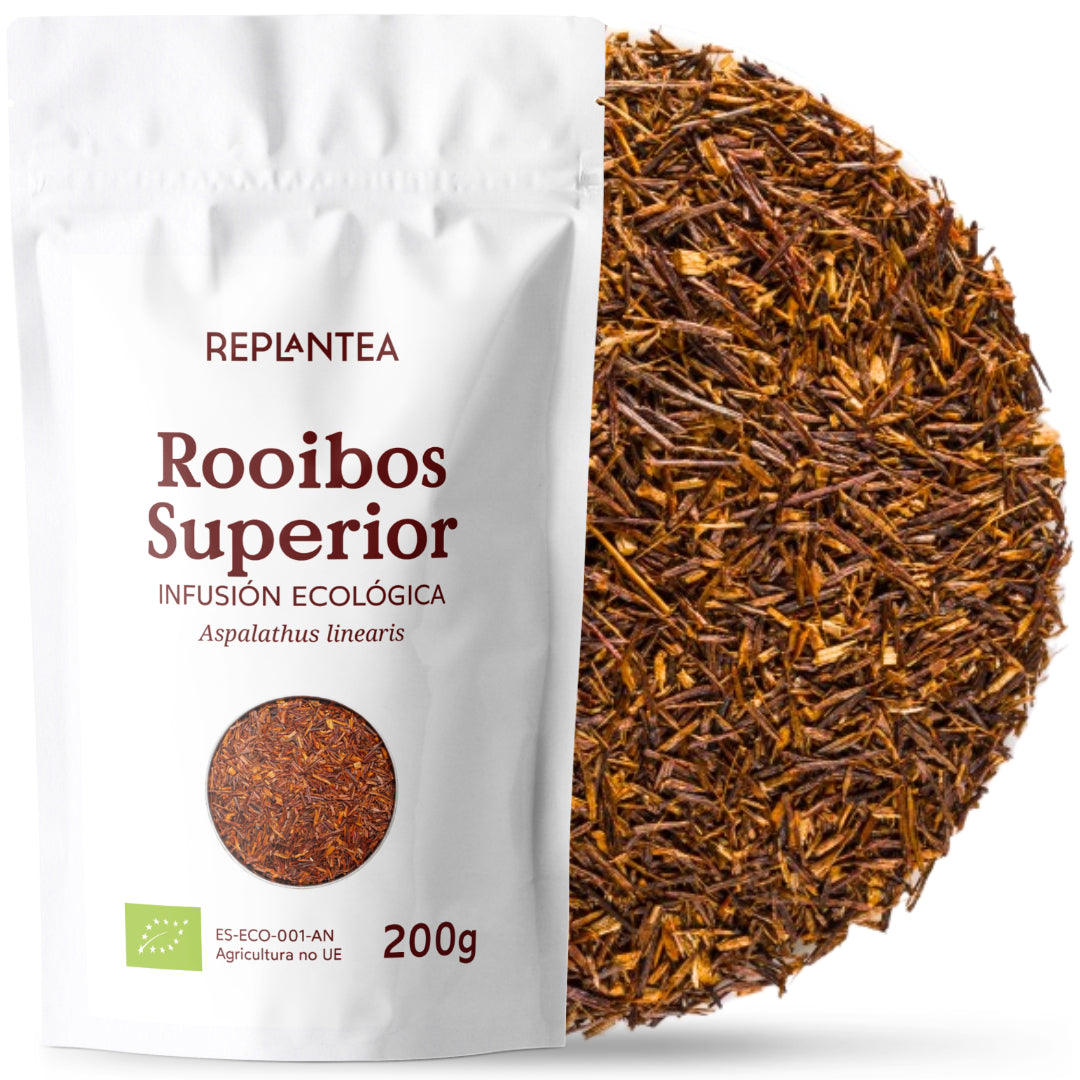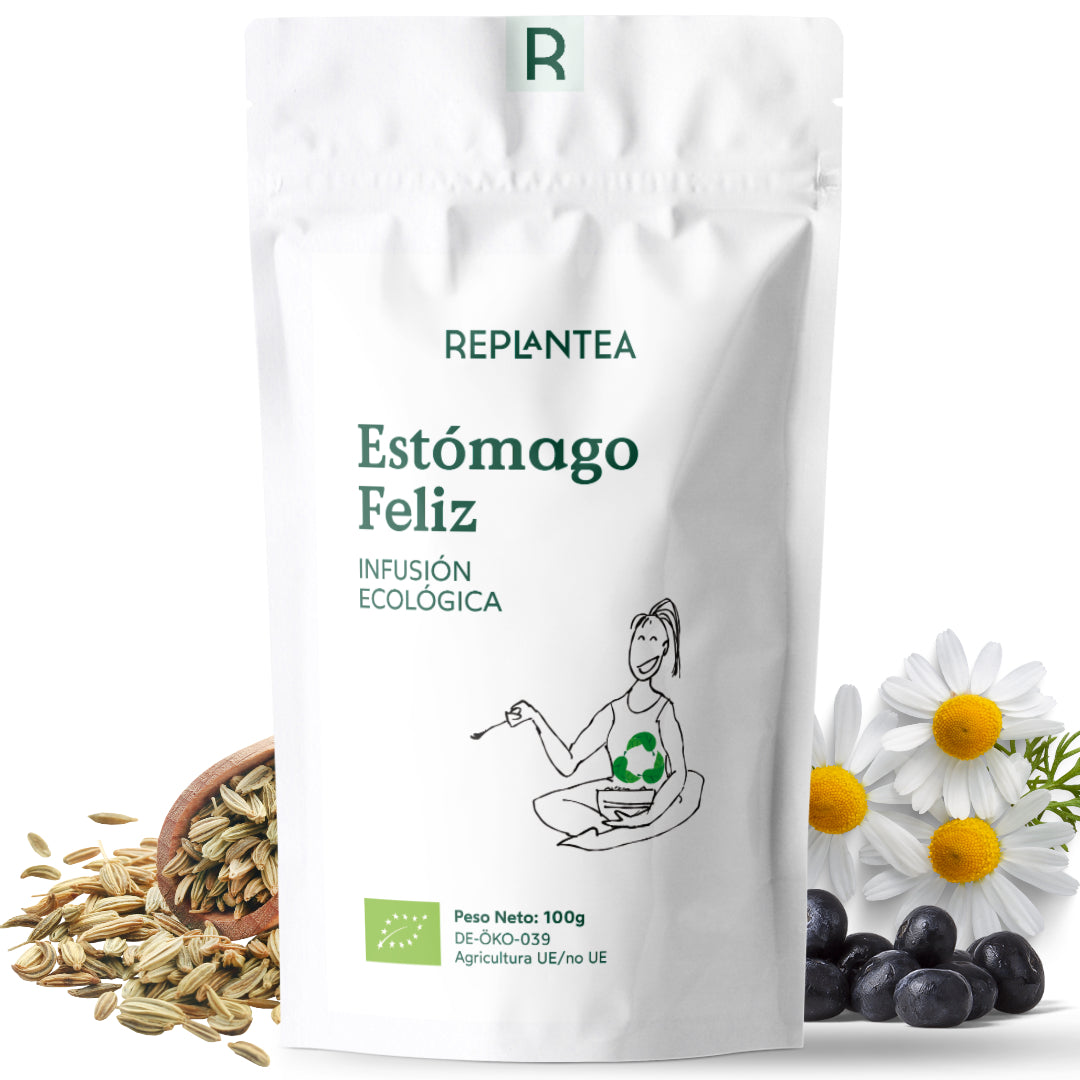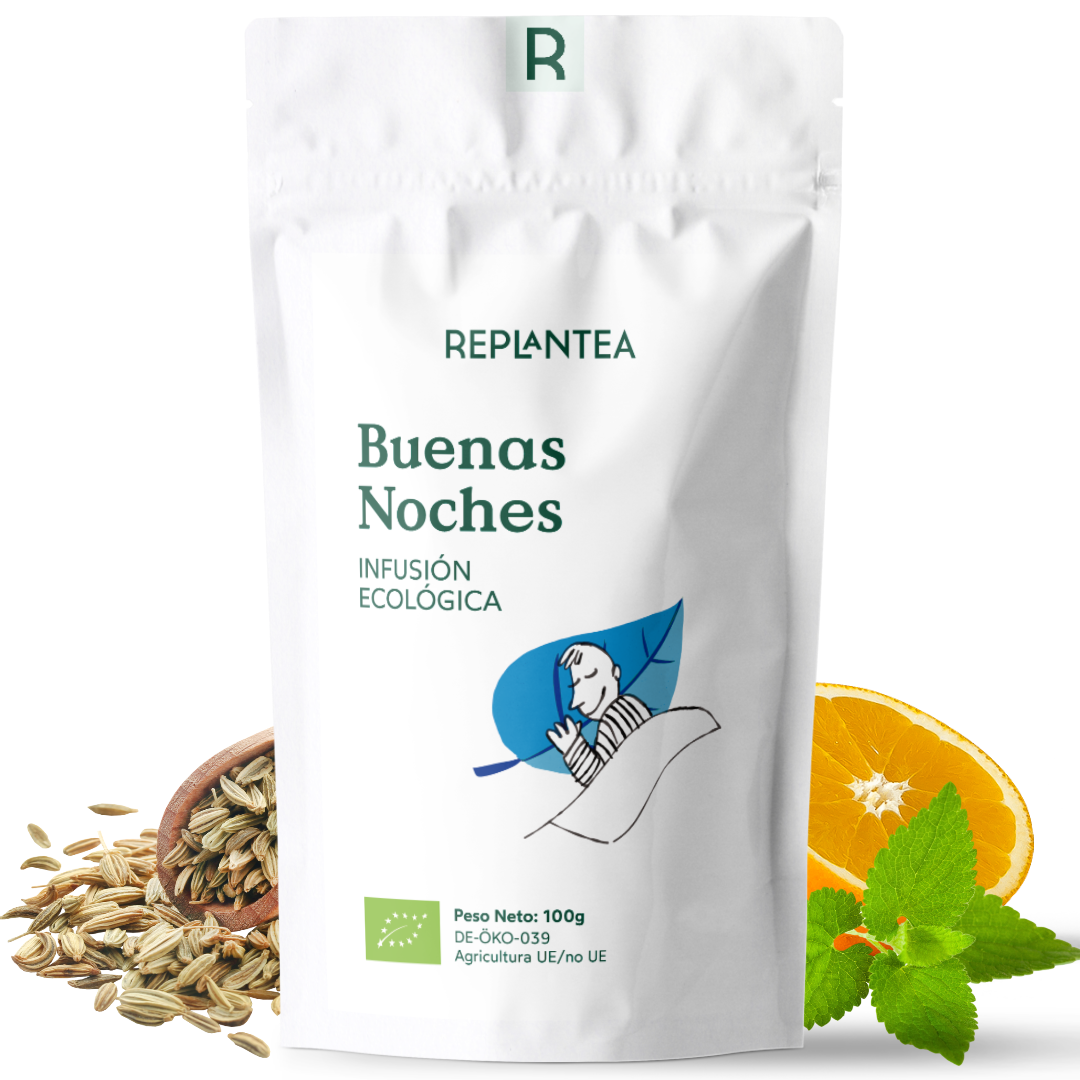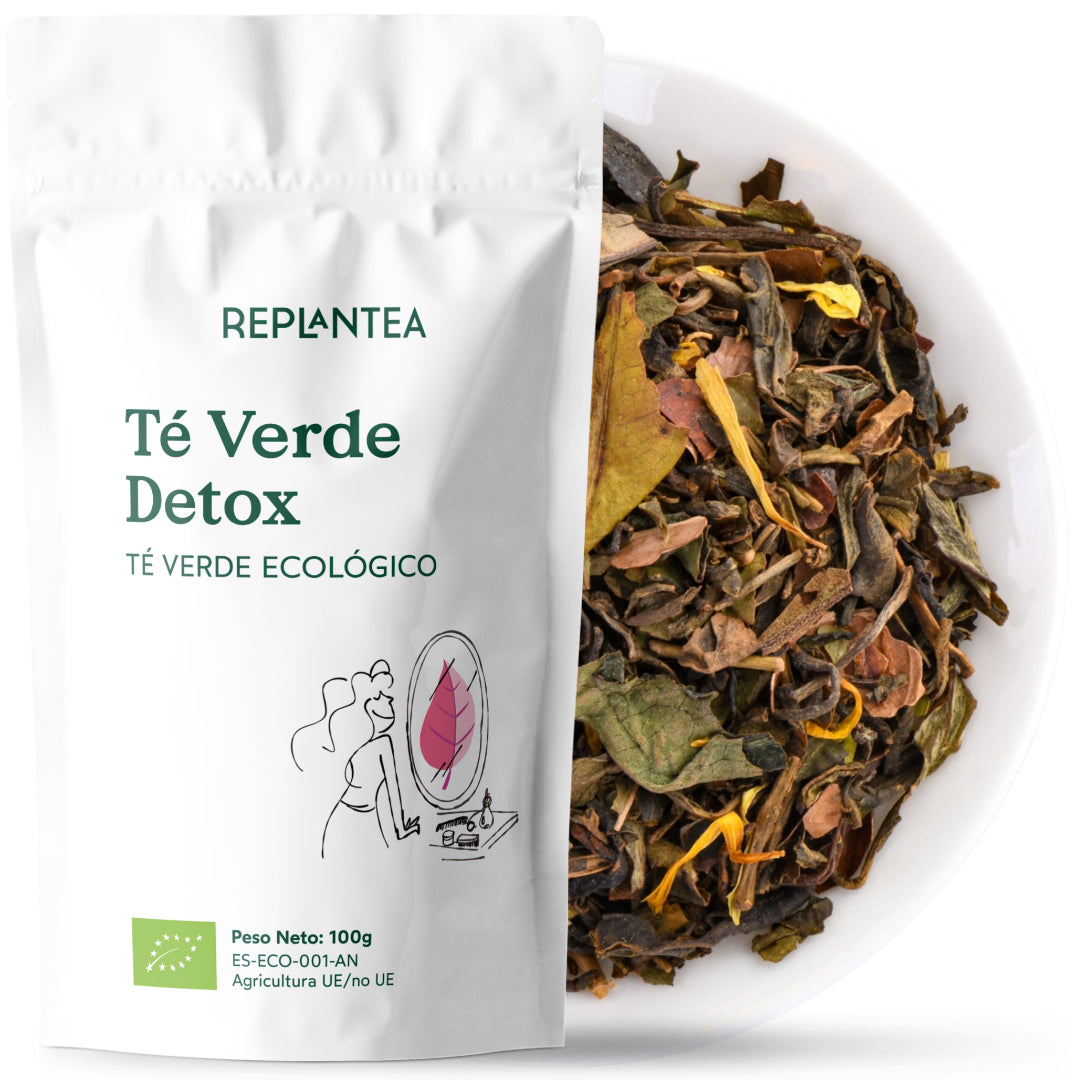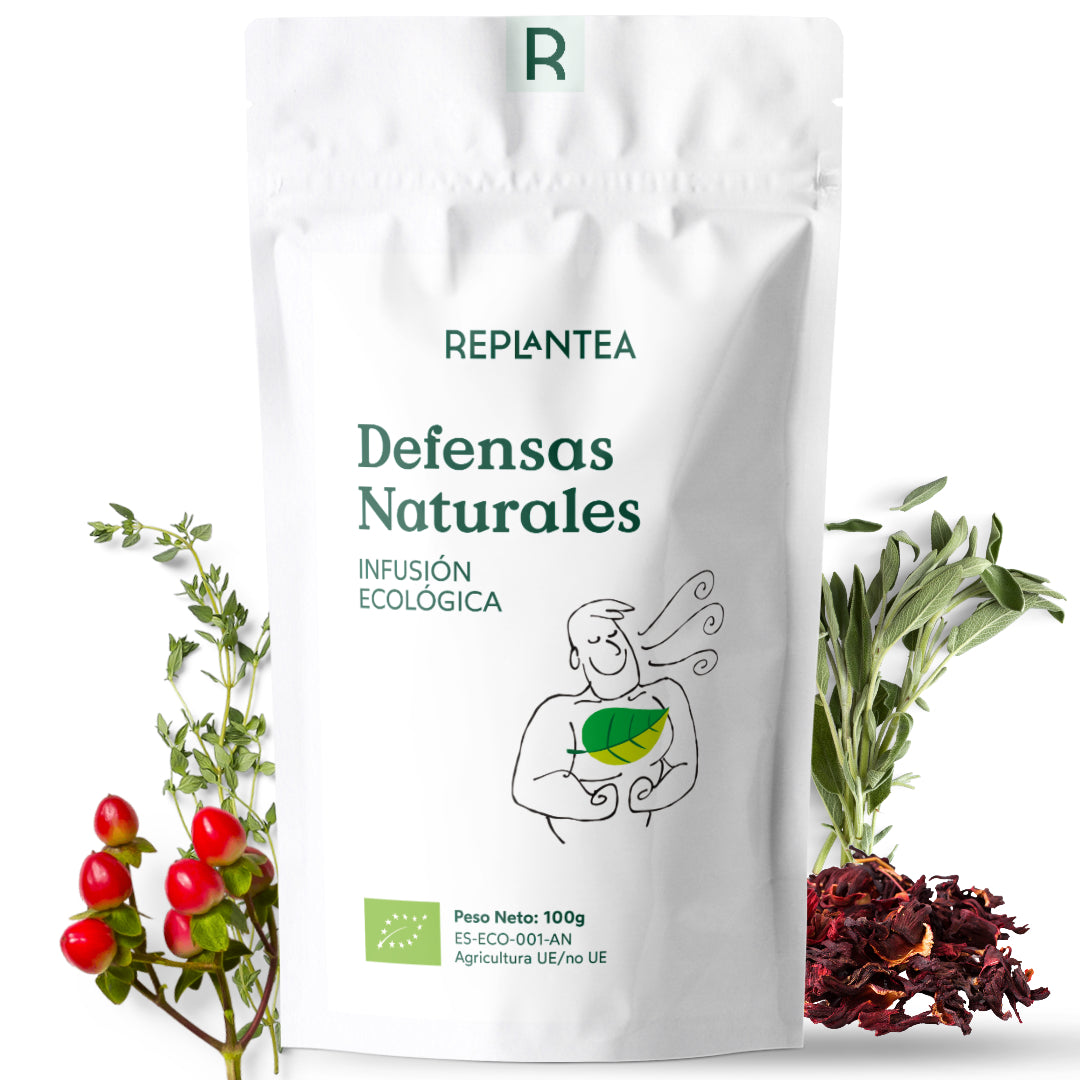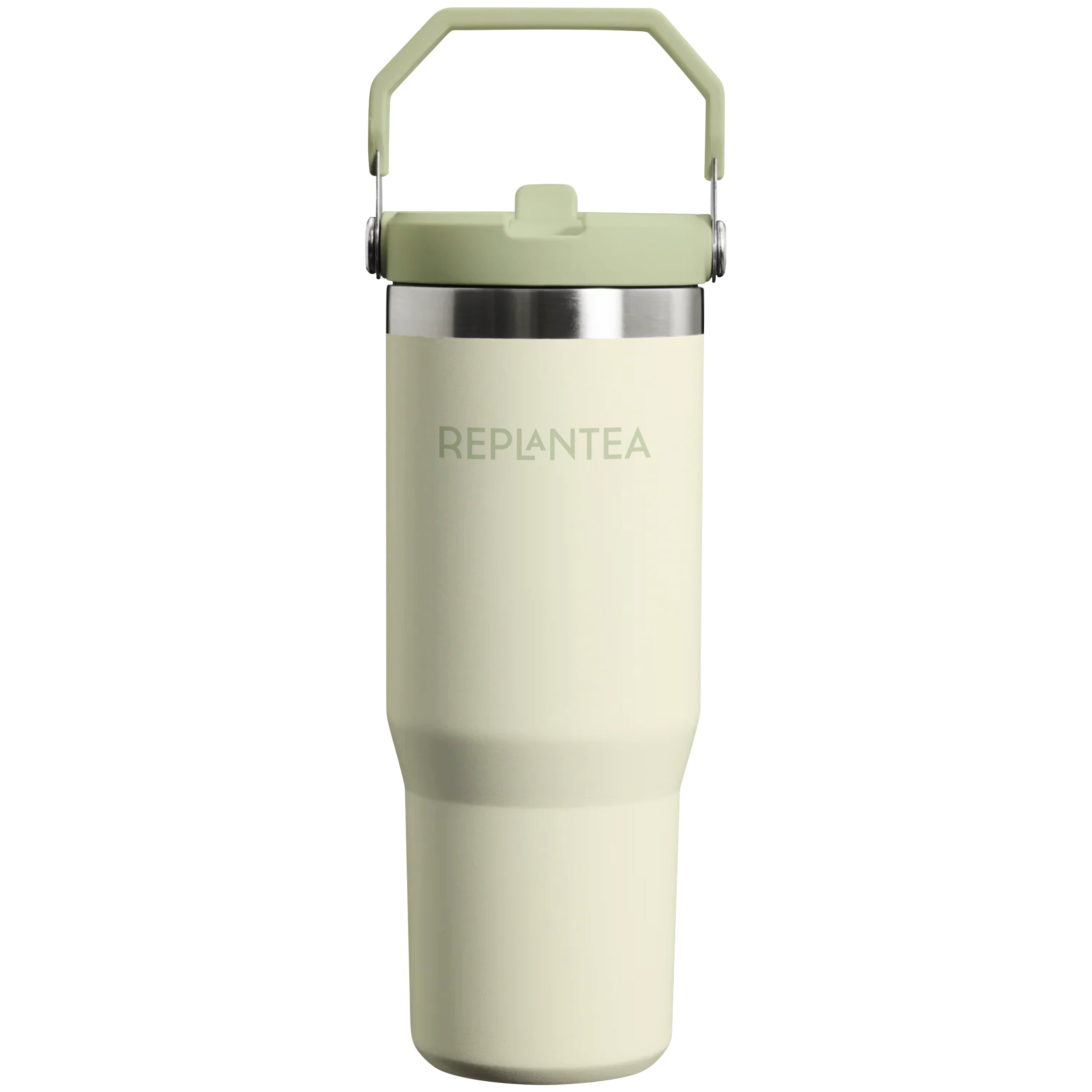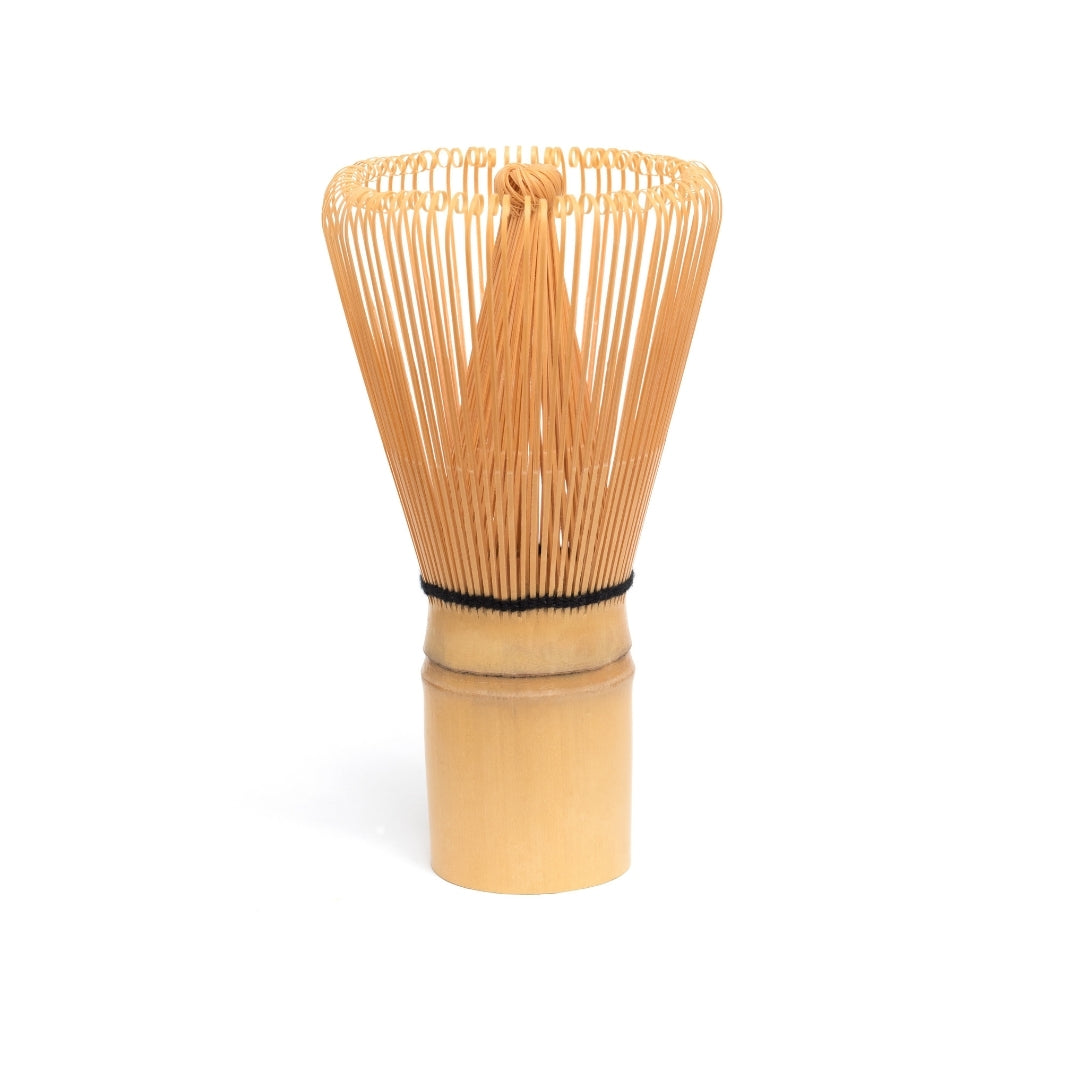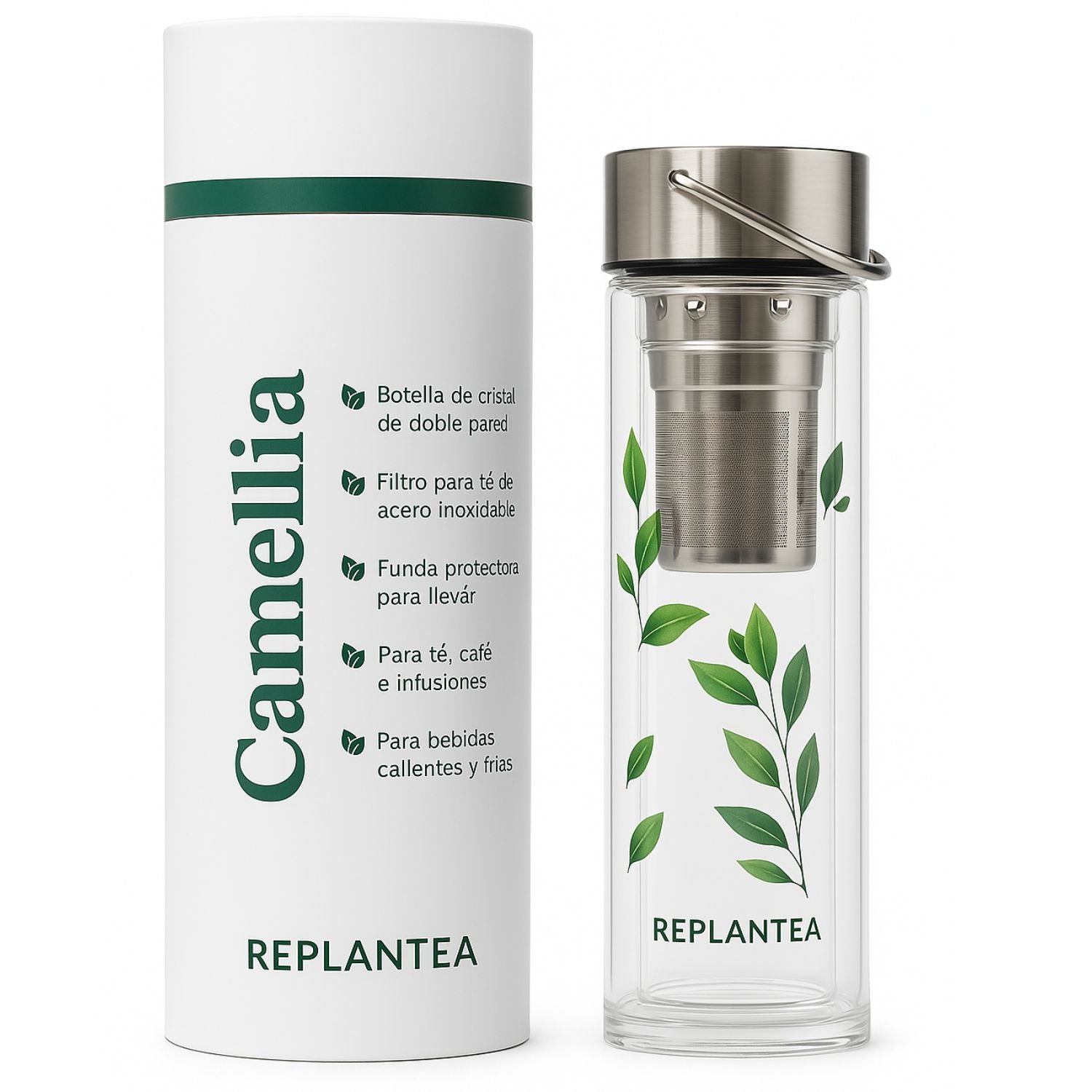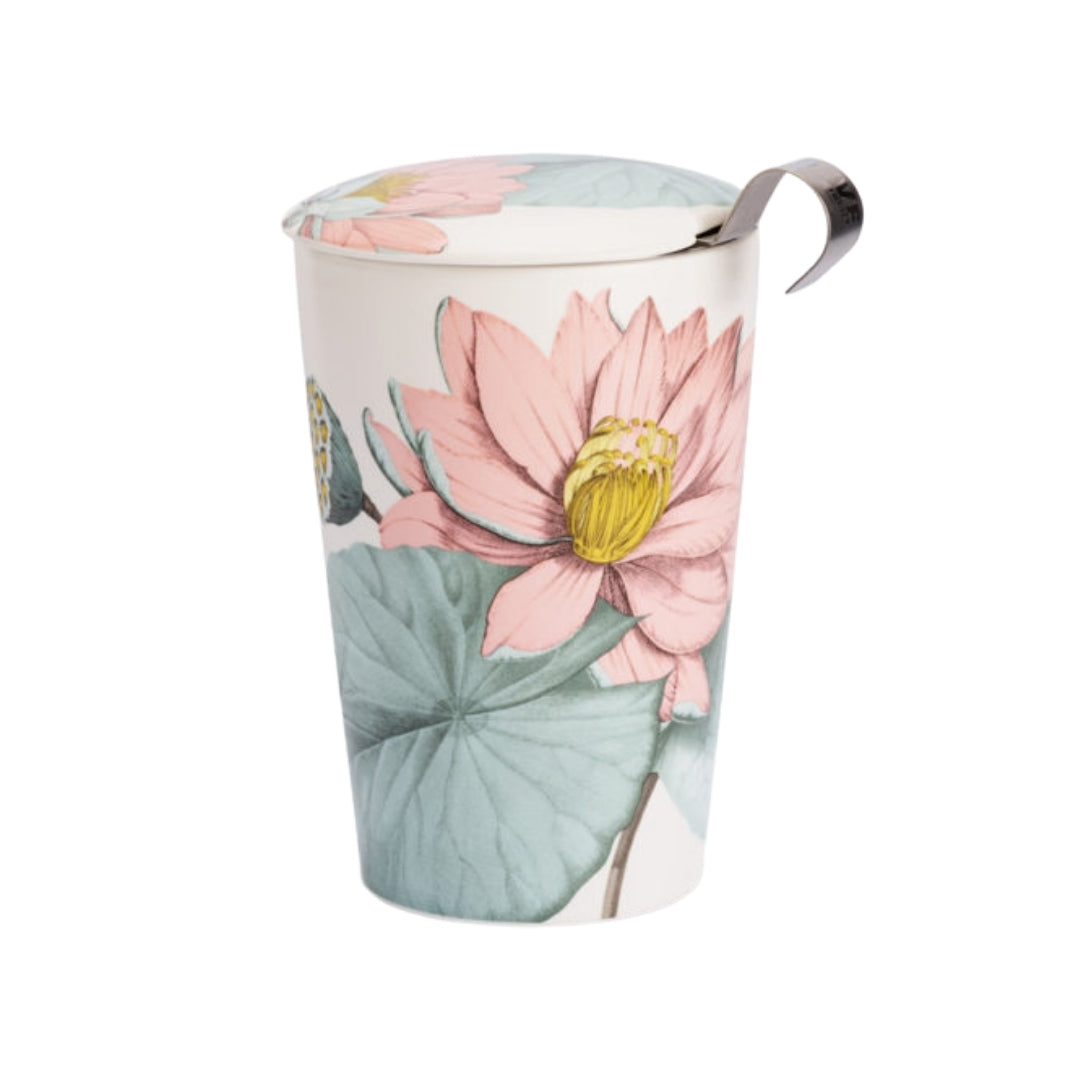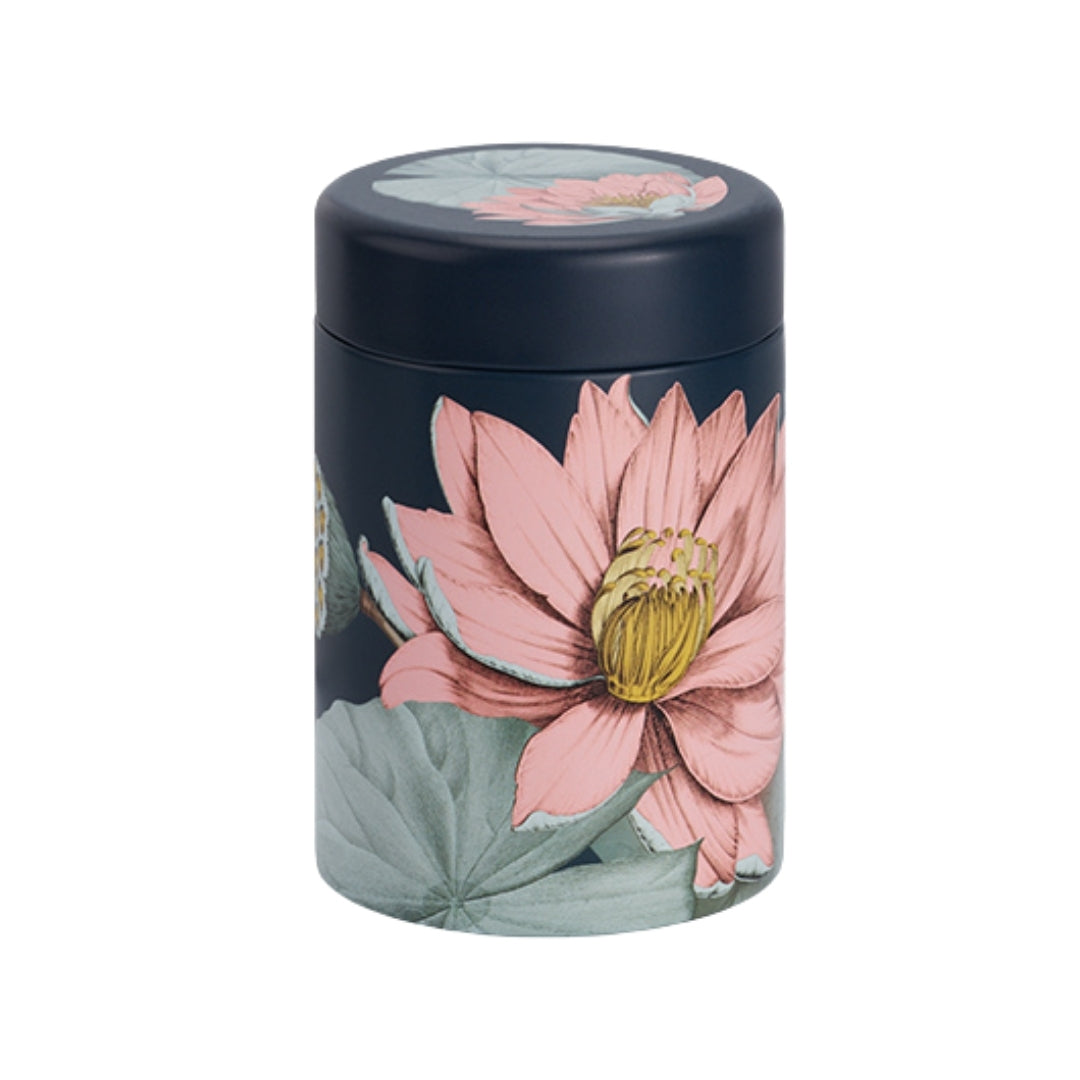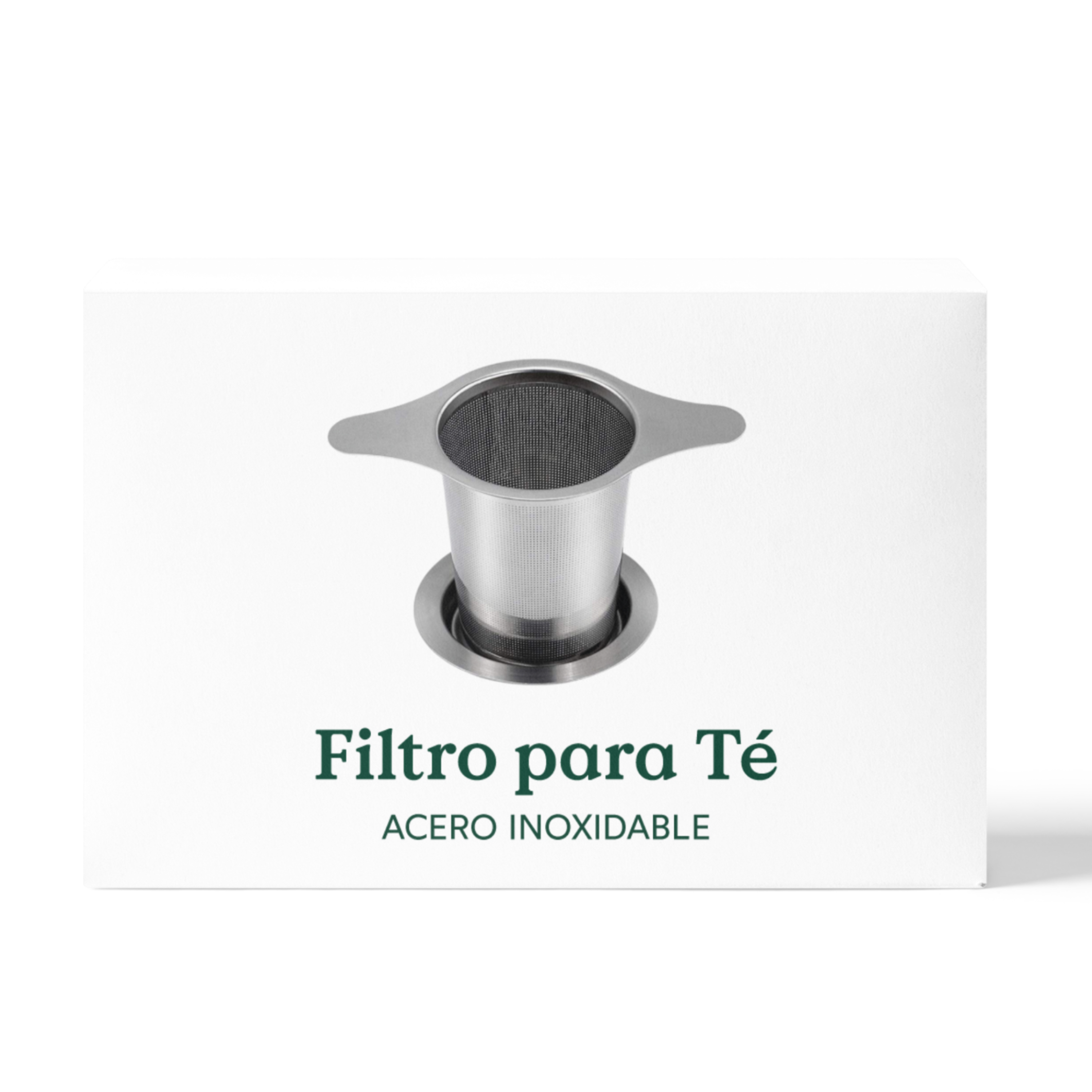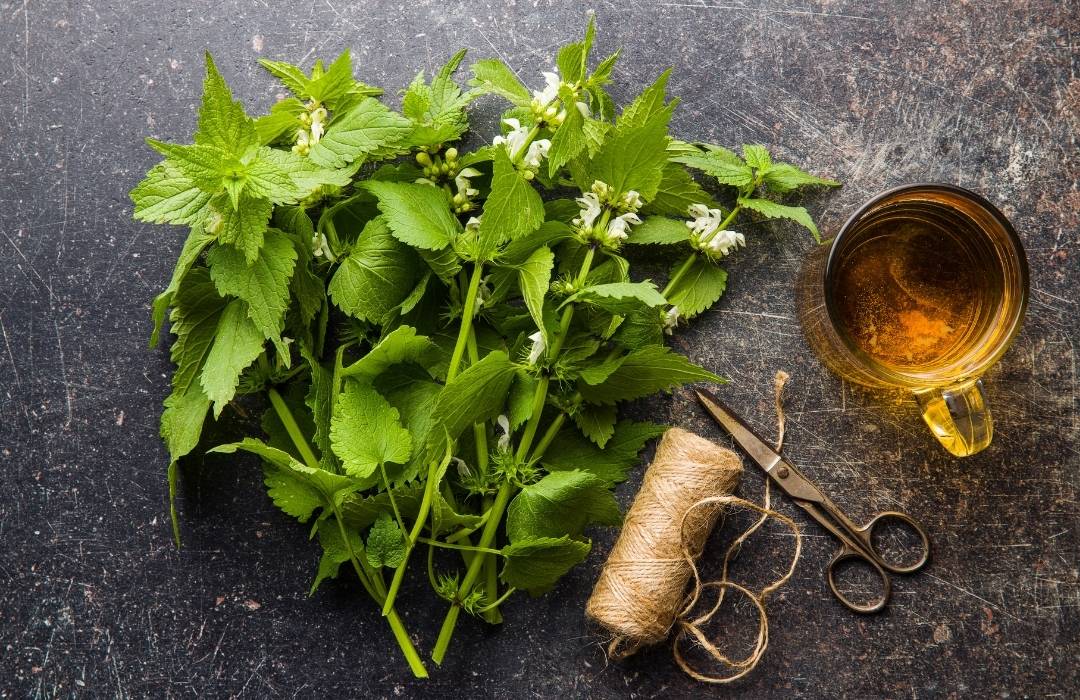
Anti-inflammatory Infusions: 5 Herbs to Improve Your Health
Inflammation is a bodily process designed to help the body heal itself. However, sometimes inflammation becomes chronic, causing pain and various diseases. Inflammation is linked to muscle and joint pain, menstruation, stomach pain, and irritable bowel syndrome.
There are very effective anti-inflammatory drugs, but they also cause a number of side effects, such as dependency and even stomach ulcers.
Fortunately, research indicates that a healthy diet and lifestyle can help prevent chronic inflammation, and drinking certain herbal teas can help alleviate it.
Keep reading if you want to know which infusions have the greatest anti-inflammatory potential.

5 anti-inflammatory infusions that can improve your health
1. Nettle infusions
The properties of nettle infusion have been used by traditional medicine for hundreds of years as a natural anti-inflammatory.
Nettle is a blood tonic that stimulates circulation, bringing blood to the extremities. It's a good infusion to drink for recovery from an injury that limits mobility, for the elderly to improve circulation, and for pain in the extremities and joints due to arthritis, rheumatism, and gout.
Drinking nettle tea can be beneficial for prostate health, especially if you suffer from an enlarged prostate. An enlarged prostate is a medical condition in which the prostate gland is larger than normal. This condition is called benign prostatic hyperplasia and can cause discomfort and pain when urinating.
RELATED INFORMATION

2. Ginger infusions
Ginger tea has a spicy flavor and an invigorating aroma. It's often drunk with a slice of lemon and a little honey to balance its flavor.
Ginger contains compounds known as gingerol and shogaol, which are involved in the inflammatory process. Research shows that these compounds help reduce inflammation and combat the resulting oxidative stress.
According to the American Arthritis Association, ginger tea can help reduce pain associated with inflammation-related conditions, and in some cases is as effective as pain relievers, including NSAIDs (nonsteroidal anti-inflammatory drugs), in reducing pain and targeting inflammation at the cellular level.
RELATED INFORMATION
3. Turmeric infusions
Turmeric tea is made from the yellow root of the turmeric plant. The spice and essential oil are also commonly used for their potent health benefits. Turmeric tea has a flavor profile with hints of ginger and earthy notes. It is often described as having notes of mustard and horseradish with bitter undertones.
Turmeric root is an essential ingredient in Ayurvedic medicine. The plant contains the active ingredient curcumin, which helps combat chronic inflammation.
A study published in the Journal of Alternative and Complementary Medicine found that curcumin inhibits molecules involved in inflammation. The research also references six human trials highlighting the safety and efficacy of turmeric in treating inflammation.
RELATED INFORMATION

4. Rooibos infusions
Rooibos is a caffeine-free infusion sourced exclusively from South Africa. The plant is found only in the Cederberg Mountains, northeast of Cape Town. It's also known as red bush tea because of the potent reddish color of its infusion. It has a slightly tart and sweet flavor similar to that of blueberries.
Animal studies show that rooibos can help reduce inflammation thanks to its anti-inflammatory flavonoids. The active ingredients involved in reducing inflammation are aspalathin and nothofagin. Research indicates that these two flavonoids are more potent than others in treating chronic inflammatory conditions.
RELATED INFORMATION

5. Chai Tea
In India, chai simply means "tea." This beverage is a delicious blend of spices and black tea leaves that provides numerous health benefits. The tea is typically prepared with ginger, black pepper, cardamom, cloves, and cinnamon. Some recipes also include allspice and star anise. These spices have long been used to treat illnesses and reduce inflammation.
Research indicates that the spices in chai tea may help protect DNA from damaging changes caused by free radicals. The spices, including ginger, work to reduce inflammation at the cellular level, while the antioxidants target and eliminate free radicals.
On the other hand, black tea, found in chai tea, has been a staple of Chinese and Ayurvedic medicine for thousands of years. Black tea is rich in flavonoids, specifically thearubigins and theaflavins, which have been shown to work to prevent oxidative stress and reduce inflammation.
RELATED INFORMATION

